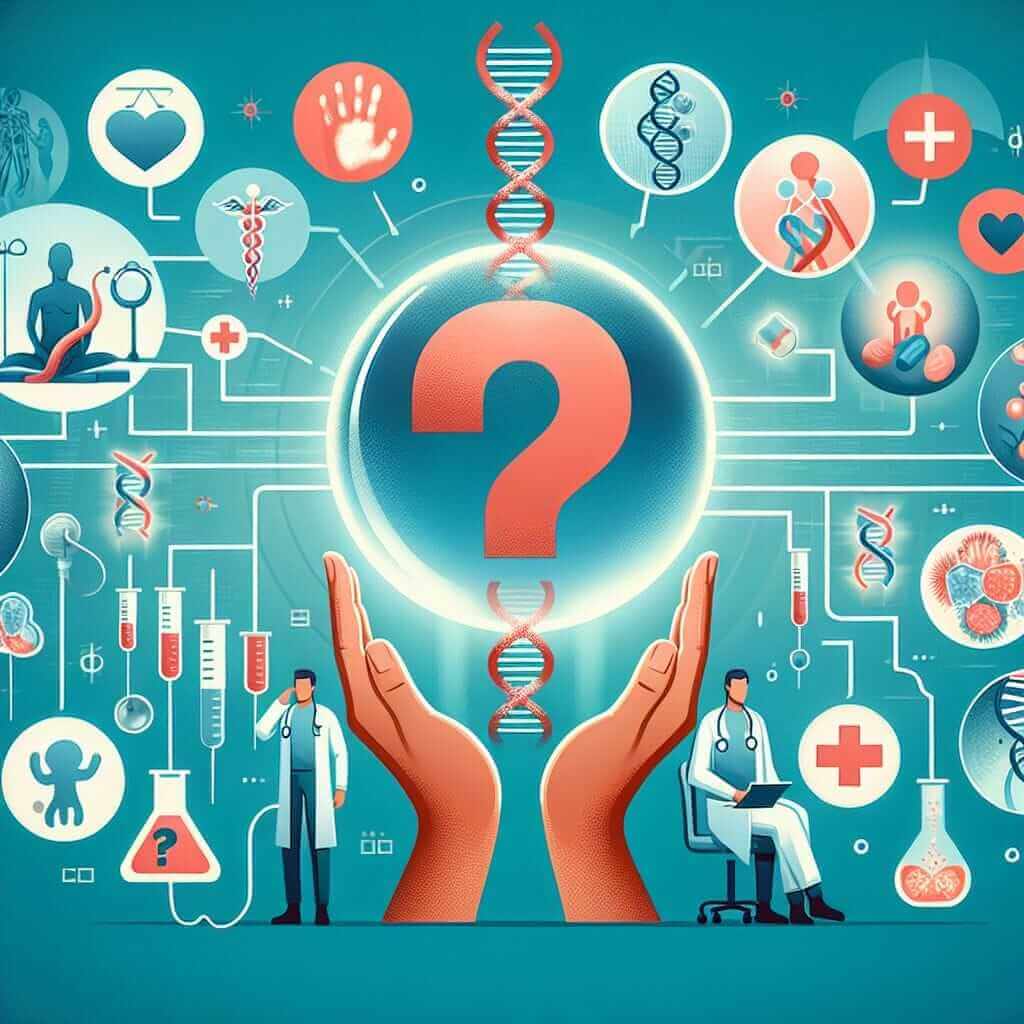The IELTS Reading test is designed to measure a wide range of reading skills, including your ability to read for gist, read for main ideas, read for detail, understand inferences and implied meaning, and recognize a writer’s opinions, attitudes, and purpose. One common topic that frequently appears in the IELTS tests is the ethical implications of scientific advancements. Specifically, cloning technology has become a significant subject of discussion due to its potential applications and ethical concerns.
Nội dung bài viết
Given its relevance and complexity, topics related to cloning are popular in the IELTS Reading section. In fact, historical analysis reveals that themes surrounding biotechnology, ethics, and science frequently appear in various forms, making it highly probable for similar topics to reappear in future exams.
In this article, we will explore the ethical implications of cloning technologies and provide you with a comprehensive reading practice test that includes questions and answer keys. This will help you become familiar with the types of questions you might encounter related to this topic.
Reading Passage and Questions
Reading Passage
Title: The Ethical Implications of Cloning Technologies
Cloning technology has advanced rapidly over the past few decades, leading to numerous scientific breakthroughs and ethical debates. Cloning, in essence, involves creating a genetically identical copy of an organism. While the potential benefits of cloning are significant, including organ transplants and endangered species preservation, the ethical implications cannot be ignored.
For one, reproductive cloning, which involves creating a human clone, raises numerous moral objections. Critics argue that it devalues human life and leads to issues of identity and individuality. Ethically, the question arises whether it is right to bring a human into the world knowing they are a clone. Additionally, the potential for “designer babies,” where genetic material is manipulated to create desired traits, poses severe ethical dilemmas.
On the other hand, therapeutic cloning, which involves cloning cells for medical treatment, presents different ethical concerns. While the primary goal is to treat diseases and improve health, the destruction of embryos in the process is a significant point of contention. Many ethicists believe that life begins at conception, thus considering the destruction of embryos morally unacceptable.
The debate over cloning is further complicated by the lack of global consensus on the issue. Different cultures and religious beliefs lead to diverse perspectives, making it challenging to establish universal ethical guidelines.
Ultimately, the ethical implications of cloning technologies are vast and complex, necessitating continuous dialogue and ethical consideration as technology evolves.

Questions
Multiple Choice
-
What is one potential benefit of cloning mentioned in the passage?
- A) Devaluation of human life
- B) Preservation of endangered species
- C) Creation of designer babies
- D) Universal ethical guidelines
-
What ethical concern is associated with reproductive cloning?
- A) It improves health
- B) Destruction of embryos
- C) Devaluation of human life
- D) None of the above
True/False/Not Given
-
The passage states that therapeutic cloning does not involve the destruction of embryos.
-
The text implies that there is a global consensus on the ethical implications of cloning.
Matching Information
-
Match the type of cloning with its primary ethical concern:
- Reproductive Cloning
- Therapeutic Cloning
a) Destruction of embryos
b) Devaluation of human life
Summary Completion
Fill in the blanks in the summary below using NO MORE THAN TWO WORDS from the passage.
Cloning technology involves creating a ___ identical copy of an organism. Reproductive cloning brings up issues of ____ and individuality, while therapeutic cloning raises concerns over the ____ of embryos.
Answer Keys
Multiple Choice
- B) Preservation of endangered species
- C) Devaluation of human life
True/False/Not Given
- False
- Not Given
Matching Information
-
- Reproductive Cloning: b) Devaluation of human life
- Therapeutic Cloning: a) Destruction of embryos
Summary Completion
- genetically
- identity
- destruction
Common Mistakes
- Misinterpreting Questions: Ensure you understand whether the question is asking about reproductive or therapeutic cloning.
- Neglecting Keywords: Pay attention to keywords like “destruction of embryos” or “devaluation of human life” to understand the ethical concerns.
- Time Management: Allocate your time effectively to ensure you can answer all questions.
Vocabulary
- Genetically (adv): /dʒəˈnɛtɪkli/: In a way that relates to genes or genetics.
- Embryo (n): /ˈɛmbrioʊ/: An early stage of development for an organism.
- Ethical (adj): /ˈɛθɪkəl/: Relating to moral principles.
Grammar Focus
Passive Voice: Often used in scientific texts to emphasize the action rather than who performs it.
- Structure: [Subject] + [form of “to be”] + [past participle of verb] (+ “by” phrase).
Example: “Ethical guidelines are established by different cultures.”
Tips for a High IELTS Reading Score
- Practice Regularly: Regular practice with various topics can help you become familiar with different question types and improve your reading speed.
- Expand Vocabulary: A rich vocabulary helps you understand academic texts better.
- Skim and Scan: Learn to quickly identify main ideas and details within the text.